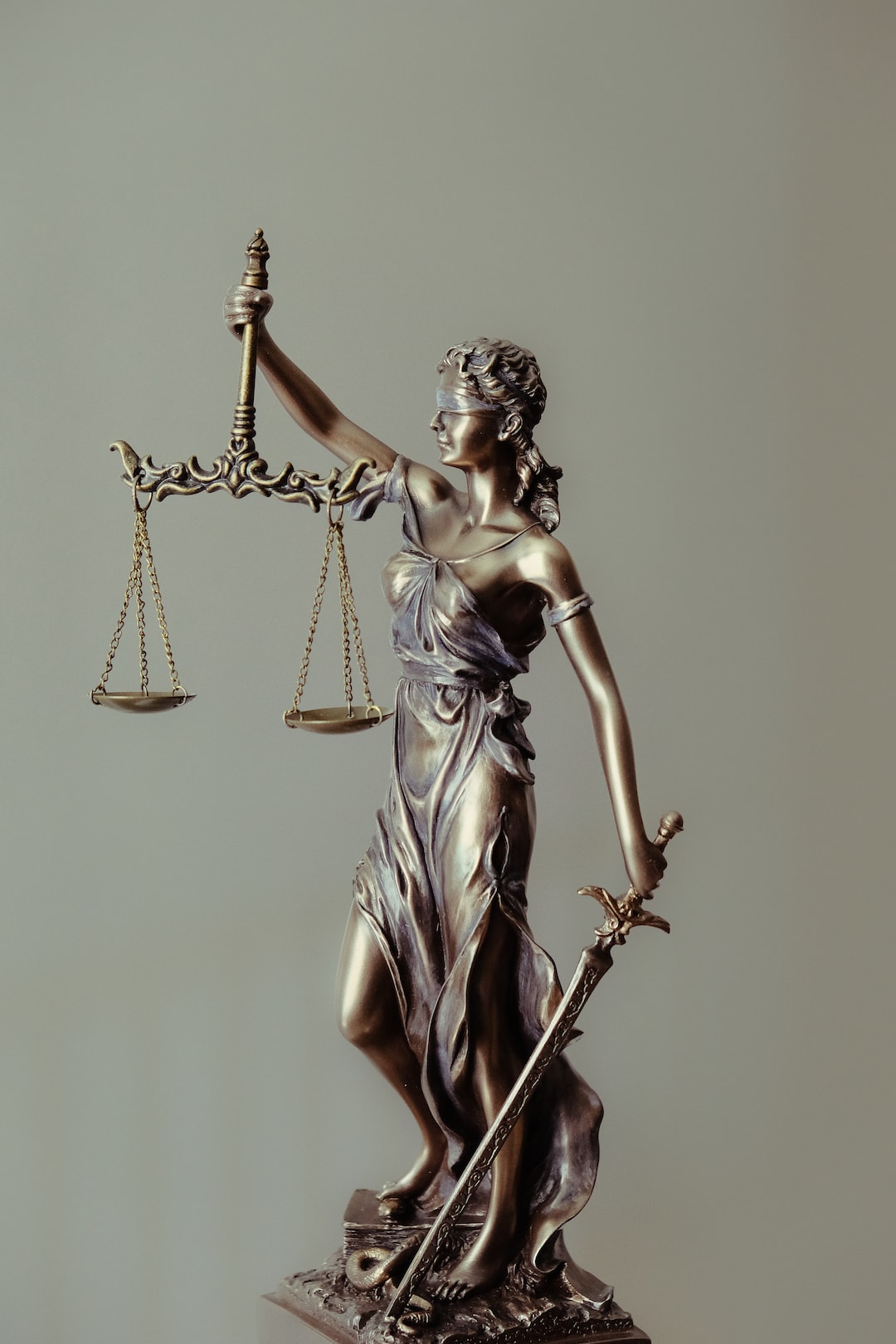The legal system is the cornerstone of any society, providing a framework for maintaining order and justice. However, it is essential to recognize that legal decision-making is not solely based on a strict interpretation of the law. Social and cultural factors play a significant role in shaping how laws are applied and interpreted. Understanding the influence of these factors is crucial to achieve fairness and ensure the equal application of justice.
Social factors encompass the broad spectrum of social interactions, beliefs, and values that shape the behavior and attitudes of individuals within a society. These factors include social norms, public opinion, and societal expectations. They can have a profound impact on legal decision-making, often affecting the interpretation of laws and how they are applied in specific situations.
One significant example of the influence of social factors on legal decision-making is seen in the evolution of social attitudes towards gender and sexuality. Historically, many legal systems have been biased against certain gender identities and sexual orientations. However, as society progresses and becomes more inclusive, legal decisions gradually change to reflect these evolving norms.
For instance, in the United States, the Supreme Court’s landmark decision in 2015 legalized same-sex marriage nationwide. This decision was a reflection of changing social attitudes towards gender and sexuality, which increasingly recognized the rights and dignity of LGBTQ+ individuals. It can be argued that the Court’s decision was influenced by the societal shift towards greater acceptance and equality for LGBTQ+ couples, rather than only relying on a strict interpretation of the Constitution.
Similarly, cultural factors also play a significant role in legal decision-making. Culture encompasses the shared beliefs, customs, and values of a particular group of people. Cultural context often informs legal decisions by providing a framework within which laws are interpreted.
One example of cultural influence on legal decision-making can be seen when examining the treatment of indigenous communities. In some countries, native populations have distinct cultural practices and legal systems that govern their affairs. In cases involving indigenous communities, legal decisions may be influenced by cultural factors to respect and uphold their rights, even if they differ from mainstream legal principles.
For example, in New Zealand, the Treaty of Waitangi, signed between the British Crown and Maori chiefs in 1840, is a legal document that ensures the rights and protection of Maori culture and land. The principles of the Treaty guide legal proceedings and decision-making involving Maori communities, considering their cultural heritage and unique relationship with the land.
Furthermore, social and cultural factors can also influence legal decision-making through the composition of judicial bodies. The diversity of judges and their varying backgrounds can contribute to a broader range of perspectives and responses to legal cases. Judges who come from different social and cultural backgrounds may bring unique insights and considerations to the decision-making process, promoting a more balanced and just outcome.
Even when interpreting established laws, judges’ social and cultural biases can come into play. They may unconsciously favor certain groups or hold prejudiced views, which can influence their decisions. For instance, research has shown that racial bias can significantly impact court proceedings and lead to disproportionate sentencing of minority individuals.
To counteract such biases, legal systems strive to promote impartiality and equal treatment under the law. Measures such as training judges on implicit biases, increasing diversity within the judiciary, and ensuring transparency in decision-making processes are necessary to minimize the impact of social and cultural factors on legal decisions.
In conclusion, the influence of social and cultural factors on legal decision-making is undeniable. Society’s evolving norms and values, as well as cultural customs and traditions, shape how laws are interpreted and applied. To achieve a fair and just legal system, it is crucial to recognize and understand the influence of these factors and take steps to mitigate any biases that may impede equal justice. By embracing diversity, promoting inclusivity, and addressing implicit biases, we can work towards a legal system that truly reflects the principles of justice for all.

